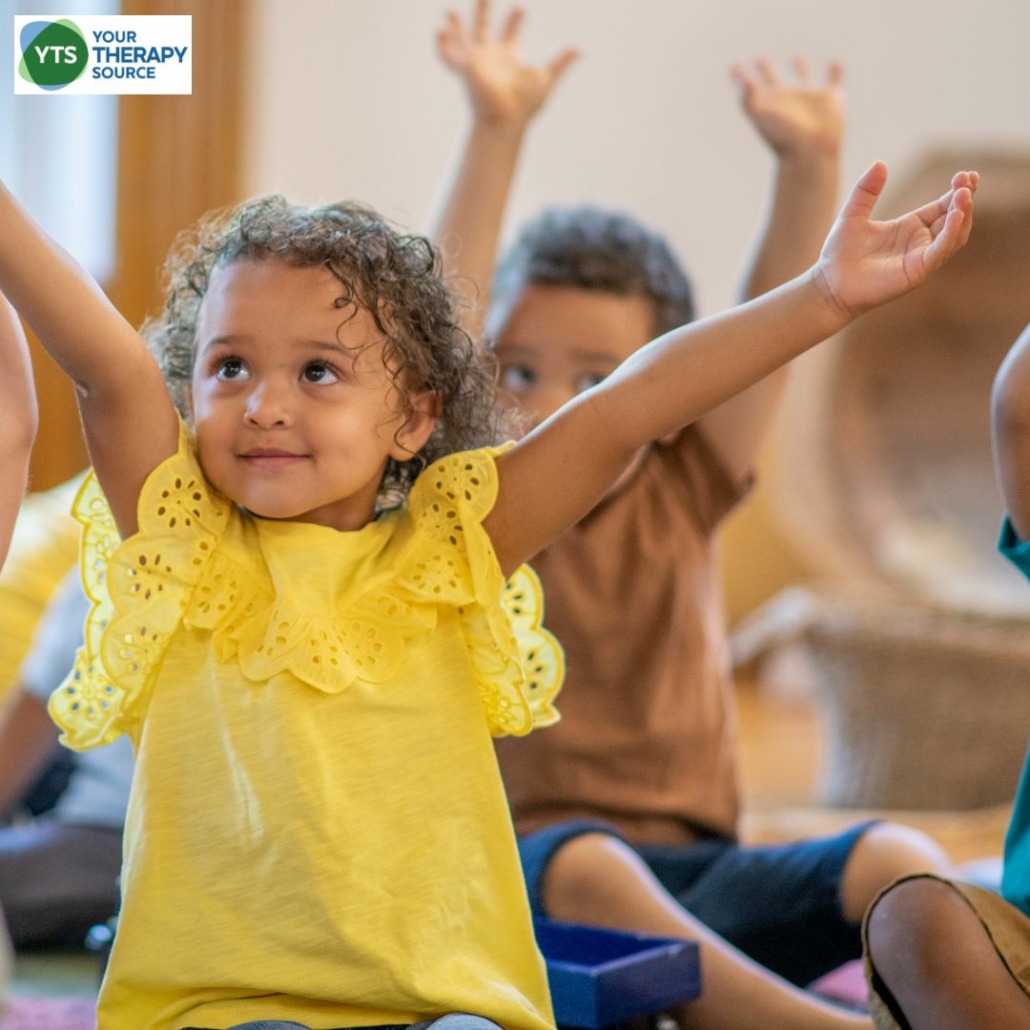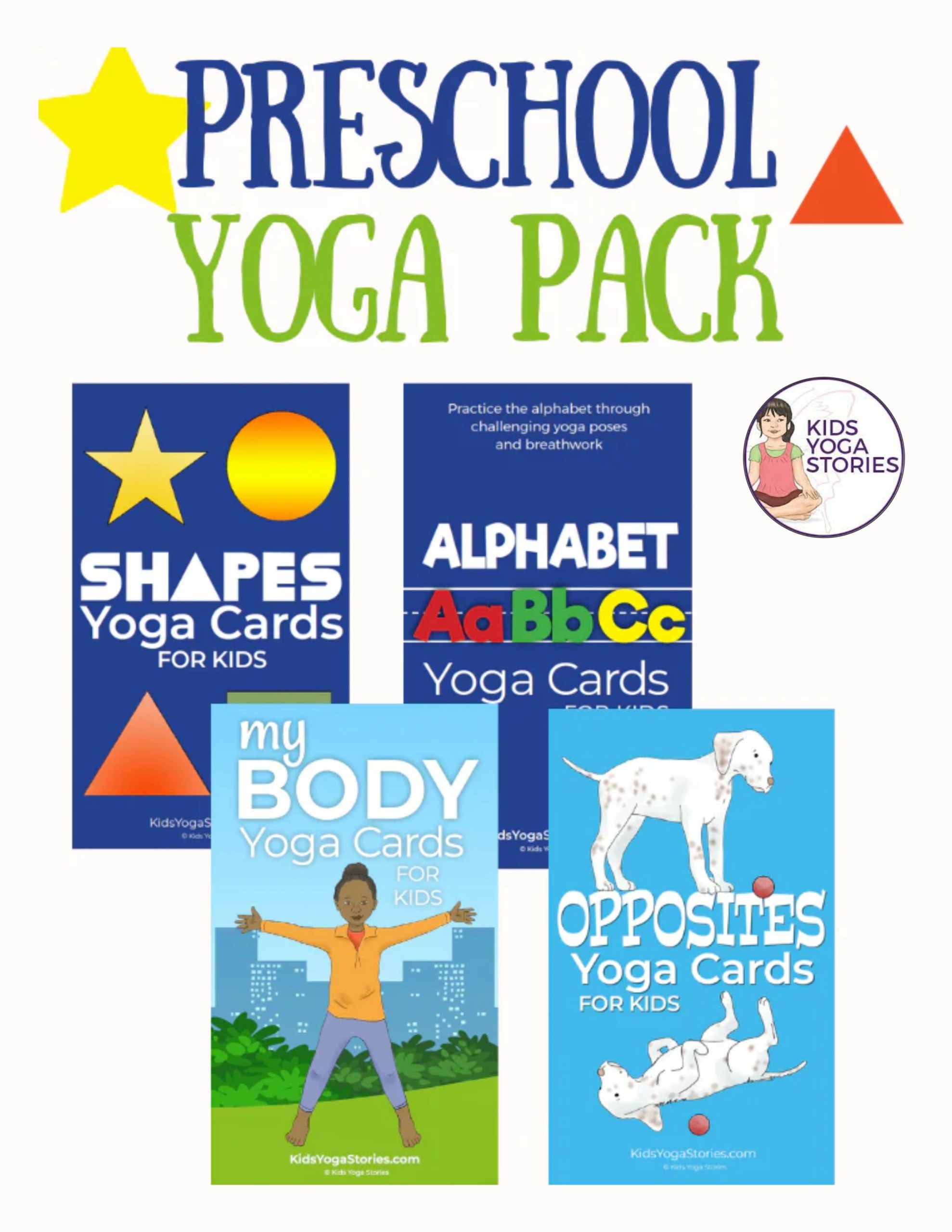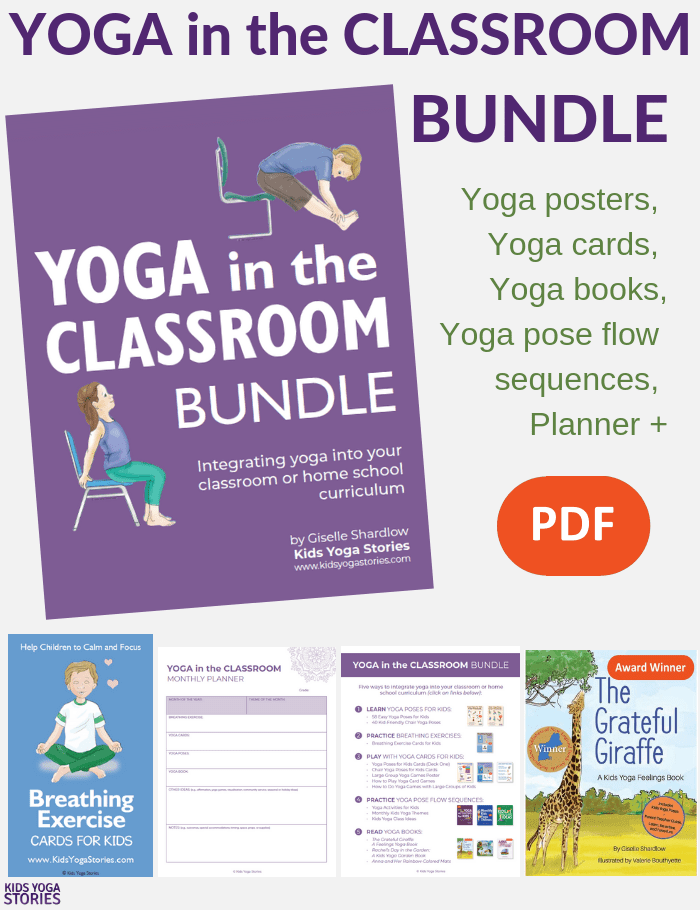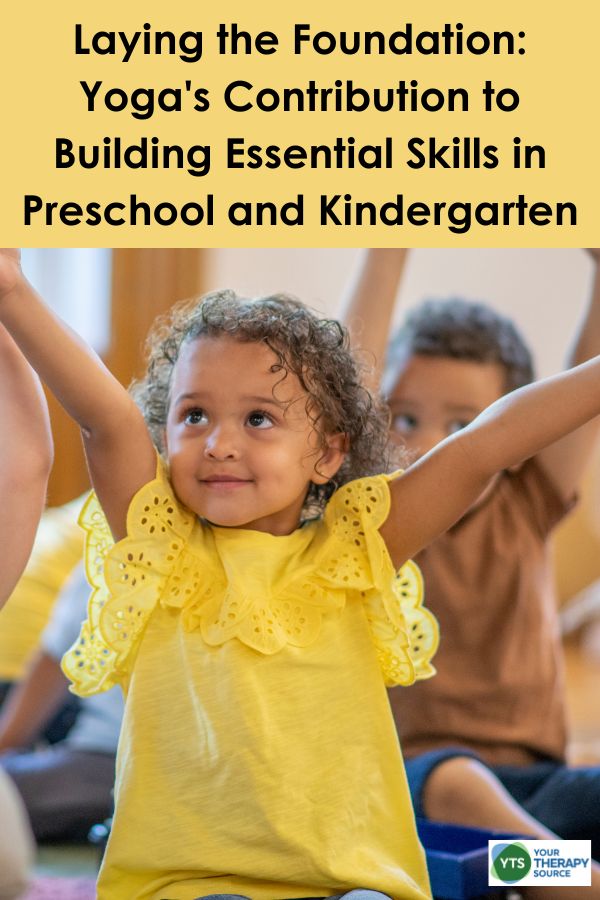Laying the Foundation: Yoga’s Contribution to Building Essential Skills in Preschool and Kindergarten

One of the most essential skills in preschool and kindergarten is self-regulation. Self-regulation is a pivotal skill that influences a child’s success in school and their ability to form relationships. In essence, it’s the ability to control and adjust our reactions, both mentally and emotionally, to different situations. This involves teaching a child to pause, think, and then act rather than responding impulsively. Notably, educators believe this skill to be even more vital for young students, such as kindergartners, than mastering subjects like math or reading.
The Importance of Self-Regulation
Why does this matter? Children grappling with self-regulation often find the learning process challenging. Enhancing this skill can have ripple effects, benefiting them not just academically but in various life situations.
The Role of Yoga in Enhancing Self-Regulation
One effective method to boost self-regulation is through mindfulness practices like yoga. Yoga offers a unique approach by blending the mind (through meditation) and body (through physical postures), creating a holistic “brain gym.” Especially for young learners in pre-K or kindergarten, yoga provides an engaging way to learn about self-control, attention, and awareness.

Preschool Yoga Bundle
Research Insights on Yoga and Self-Regulation
Numerous studies validate the effectiveness of yoga in bettering children’s behavior and concentration. Past research indicates the following:
- Several studies found that yoga and mindfulness can improve kids’ behavior and attention.
- For instance, one study showed that kindergarteners who did yoga became better at tasks requiring attention and had fewer instances of being inattentive or hyperactive.
- Especially for kids from challenging backgrounds or those facing extra stress, these practices can be a lifeline. They help kids deal with challenges and bounce back more resiliently.
A recent study delved into this topic, examining the impact of a structured yoga program on self-regulation and emotion regulation in prekindergarten and kindergarten classrooms. Teachers introduced students to mindfulness practices through carefully curated video lessons, integrating attention exercises, yoga postures, and guided relaxation. Notably, the study highlighted positive shifts in children’s ability to handle their emotions and strengthen their self-regulation skills.
The Bigger Picture
Implementing yoga or similar mindfulness practices in early education can be immensely beneficial. Beyond the immediate outcomes, it’s a long-term investment in a child’s holistic well-being and future success.

Yoga in the Classroom Bundle
Key Takeaways
- Defining Self-Regulation: It’s the art of controlling and adjusting reactions, a foundational skill for learning and life.
- Benefits of Yoga: Yoga, a mindfulness practice, has shown significant promise in boosting children’s self-regulation by combining mental meditation with physical activity.
- Research-backed Evidence: A recent classroom-based study using video-taught yoga lessons has demonstrated positive outcomes in nurturing children’s self-regulation abilities.
- Why It Matters: Incorporating yoga in early education is not just an exercise; it’s building a foundation for resilience and success in a child’s future.
Reference
Rashedi, R. N., Rowe, S. E., Thompson, R. A., Solari, E. J., & Schonert-Reichl, K. A. (2021). A yoga intervention for young children: Self-regulation and emotion regulation. Journal of Child and Family Studies, 30(8), 2028-2041.
Read More on Self Regulation for Preschoolers and Kindergartners
YOGA IN THE KINDERGARTEN CLASSROOM
5 KIDS YOGA POSES FOR SELF-REGULATION AT HOME OR CLASSROOM
SELF-REGULATION IN PRESCHOOLERS: TIPS, ACTIVITIES AND MORE!
10 FUN SELF CONTROL GAMES TO PRACTICE SELF REGULATION SKILLS (NO EQUIPMENT NEEDED)



